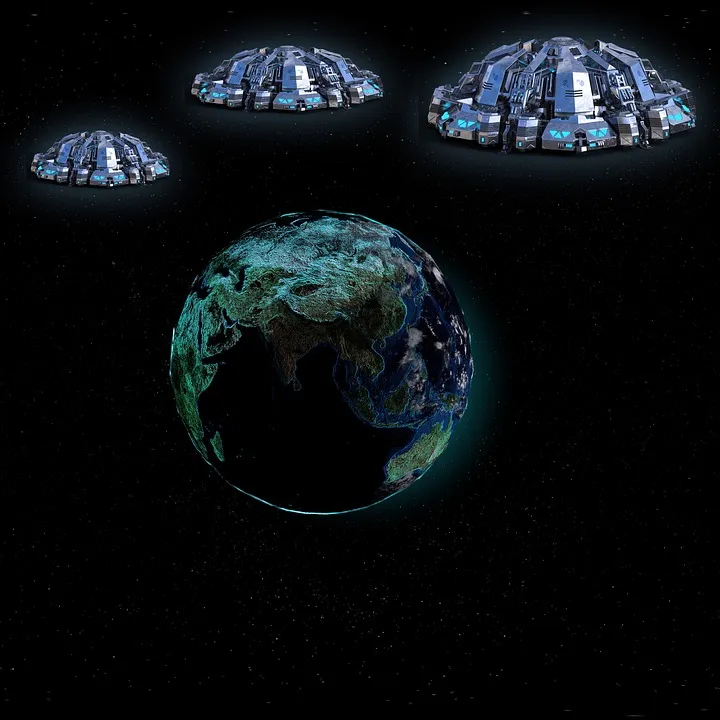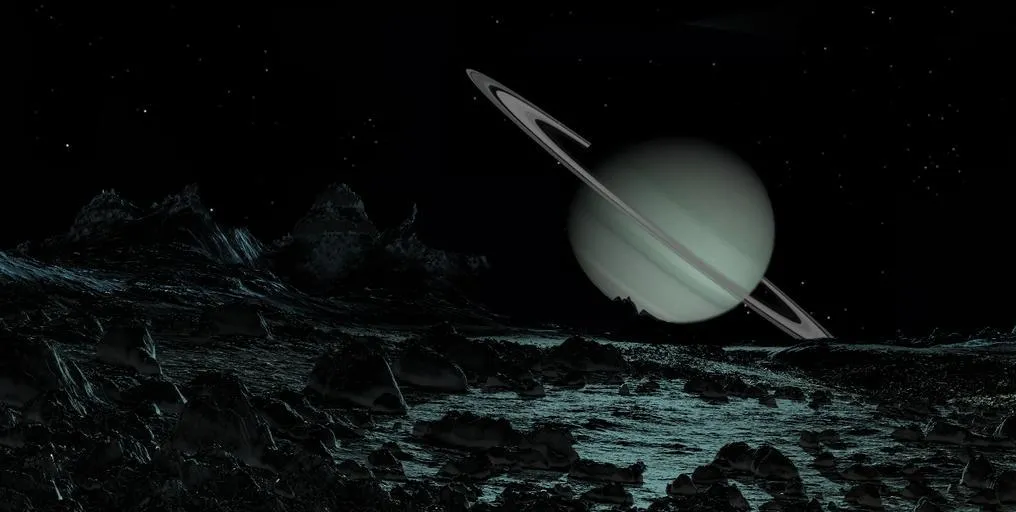Growing up as a science student, I use to wonder why scientists are keen to travel to space in the quest to understand what lies beyond when what lies within our own planet is yet to be fully unraveled or understood. A huge amount of money has been spent and is still being spent in this quest, and my ignorant self considered it a huge waste of resources when millions of people cannot even afford to feed.
From Stanley Kubrick’s 2001 Space Odyssey to Ad Astra (2019), the interest in planetary science or space science has only increased in the past couple of years. National aeronautics and space administration (NASA) is the world’s largest body dedicated to planetary science. Space travel is one of the most expensive ventures any entity can embark on and as such, it must be something that is purposeful. It must be something that these space travel dedicated bodies get a high sense of purpose from.
What then is the purpose of traveling out of the earth in rockets? The answer to that question might lie in asking ourselves what the first man on the moon hope to achieve when he embarked on the journey on the Apollo with his crew.

Man, ever since we gained cognizance of ourselves and our environment has only but seek to understand himself and his environment. Over the years, he has gained sufficient mastery over his body, this can be seen in how advanced human medicine has become. Now his gaze has shifted towards understanding his environment, likewise, progress has been made in this field. Our vast geographical knowledge has helped us plan for our days on earth.
The knowledge of his immediate environment has helped him plan for environmental disasters and challenges, a man learning about the origin of his immediate environment has helped him to anticipate and effectively plan for things. Learning about the earth and other planets is one that can also help us effectively plan with an interplanetary scope. They also help us answer some questions that have been asked right from time, some of these questions Include:
How did the universe begin and evolve? Space science seeks to know the earliest moments of the universe, the formation of stars and galaxies formed, and how matter and energy are entwined on the grandest scales. The understanding of how the universe began is one that would influence how we view the earth and where we would go from there.
How did we get here? This is another question that besieged man in different eras and periods. Space science hopes to investigate how the chemical elements that were necessary for life have been built up and dispersed throughout the cosmos, evidence about how the Sun affects Earth, the earth and its shared properties with other planets, and also how comets and asteroids in our galaxy and solar system affect Earth.
Where are we going? Earth’s ultimate place in the cosmos is dependent on the fate of the universe. Humankind has taken its first steps off our homeworld by going to the moon, and space science will see to making it safe to travel throughout the solar system.
Are we alone? In all of astronomy and cosmology, there lies the focal human inquiry: Are we on Earth due to a doubtful mishap of nature? Or then again is life, maybe even earlier life, dissipated all through the universe?
Asides from answering these questions, other benefits have sprung up as a result of space science expeditions. Space organizations, governments, analysts, and investors have highlighted a number of benefits around space science, these benefits are direct and indirect.
These benefits are new advances that can be used in different ventures and society, (for example, the improvement of orbiting satellites). While trying to measure the advantages gotten from space investigation, NASA determined that 444,000 lives have been saved, 14,000 positions have been made, $5 billion dollars in income has been created, and there has been $6.2 billion in cost decreases because of spin-off programs from NASA research.
NASA expresses that among the many side project innovations that have emerged from the space investigation program, there have been remarkable headways in the fields of wellbeing and medication, transportation, public security, purchaser merchandise, energy and climate, data innovation, and mechanical profitability. Sun-based boards, water-sanitization frameworks, dietary recipes and enhancements, material science advancement, and global search and rescue frameworks are a portion of the manners by which these innovations have diffused into regular day-to-day activities.
By contemplating different planets in our own Solar System, we can attempt to put Earth in a setting. Different space science organizations have effectively sent a rocket to Earth's closest planetary neighbors – Mars and Venus – to comprehend why they developed so in an unexpected way, and in the following decade we'll be opening the insider facts of the deepest planet, Mercury, as well.

The gas monsters, and specifically Jupiter with its four enormous moons – some of which may hold underground seas – is likewise key to bits together with the Solar System advancement. Unwinding the conduct of our parent star, the Sun, is another significant component to unravel our enormous causes. Space science makes us look outwards from our planet to the stars and past.
It's a subject that endeavors to respond to definitive inquiry: How did our Earth and our Solar System frame and advance? What is our spot in the Universe? Where are we going? Where did life come from, and would we say we are separated from everyone else? What's more, as an ever-increasing number of planets are found circling different stars, understanding our own infinite area has never been so significant.
References
- https://en.wikipedia.org/wiki/Outline_of_space_science
- https://www.nationalgeographic.org/article/history-space-exploration
- https://www.asc-csa.gc.ca/eng/about/everyday-benefits-of-space-exploration/default.asp
- https://science.nasa.gov/astrophysics/big-questions/How-do-matter-energy-space-and-time-behave-under-the-extraordinarily-diverse-conditions-of-the-cosmos